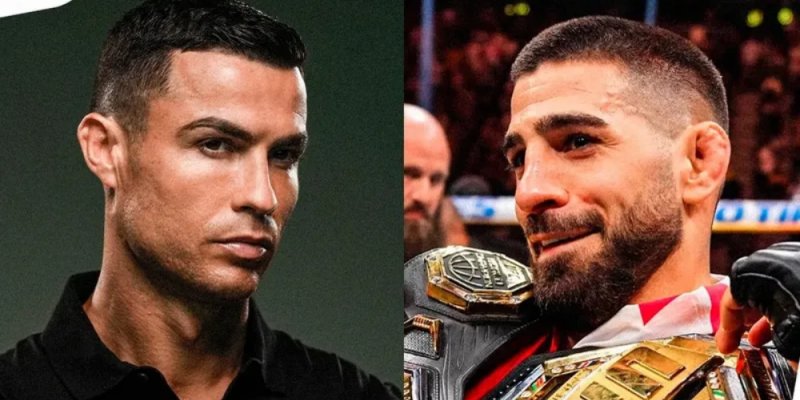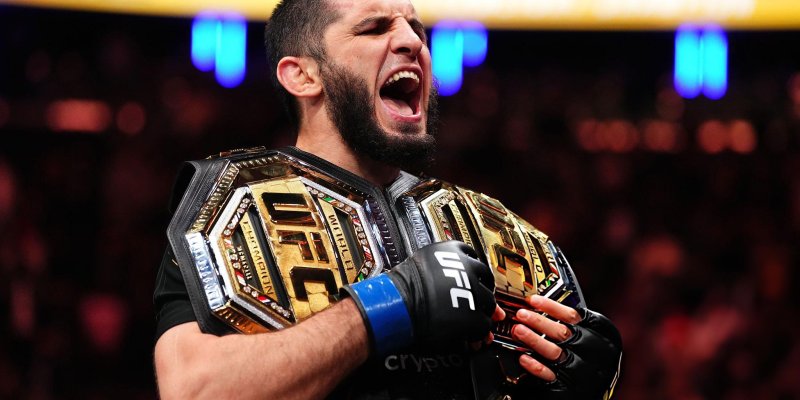
He did it with flair — a video outside the government buildings in Dublin, sharp criticism of the authorities' course, and promises to "return power to the people." Conor McGregor declared that he is seeking a place on the ballot in the Irish presidential election and intends to "stop the failures of migration policy" and oppose Brussels initiatives. The former UFC champion was publicly encouraged by Elon Musk and Donald Trump. But the rules of the Irish campaign and the cold math suggest McGregor's path to Áras an Uachtaráin (the presidential residence) is almost impassable. The election is set for , and the nomination window closes on — time and resources are critically short.
Video Statement and the 'American Backing'
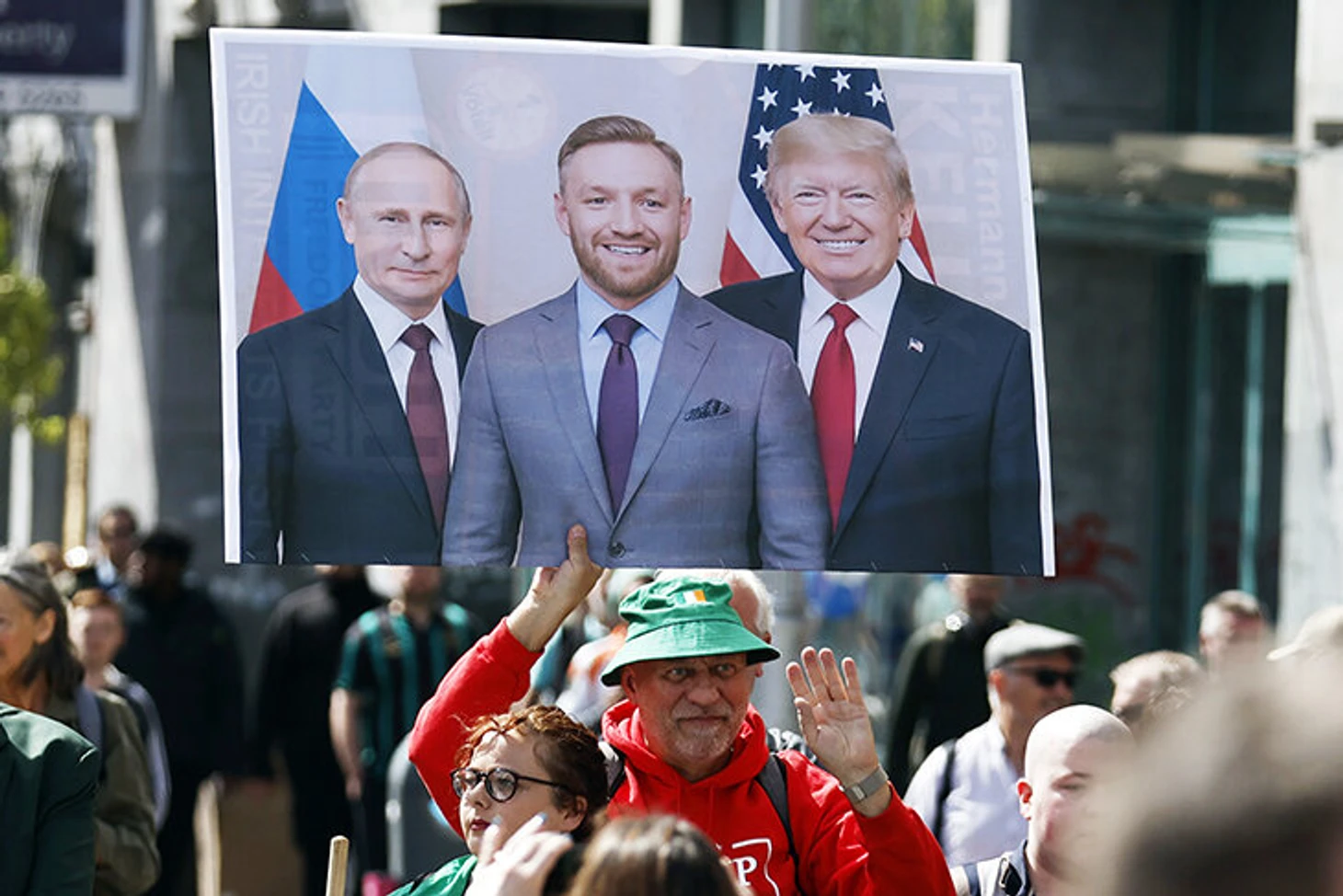
In his address, McGregor urged citizens to pressure local councillors to formally nominate him. He pledged "not to sign a single law" unless it is approved by the people — a formula that sounds good on social media but aligns poorly with constitutional realities.
Support from across the ocean was swift: Musk wrote publicly that "no one will fight harder for the people of Ireland than Conor McGregor," and McGregor had earlier demonstrated closeness to the Trump family — from a visit to the Oval Office on St. Patrick's Day to shared shots on social media.
How to Get on the Ballot: The Hard Arithmetic of Nominations
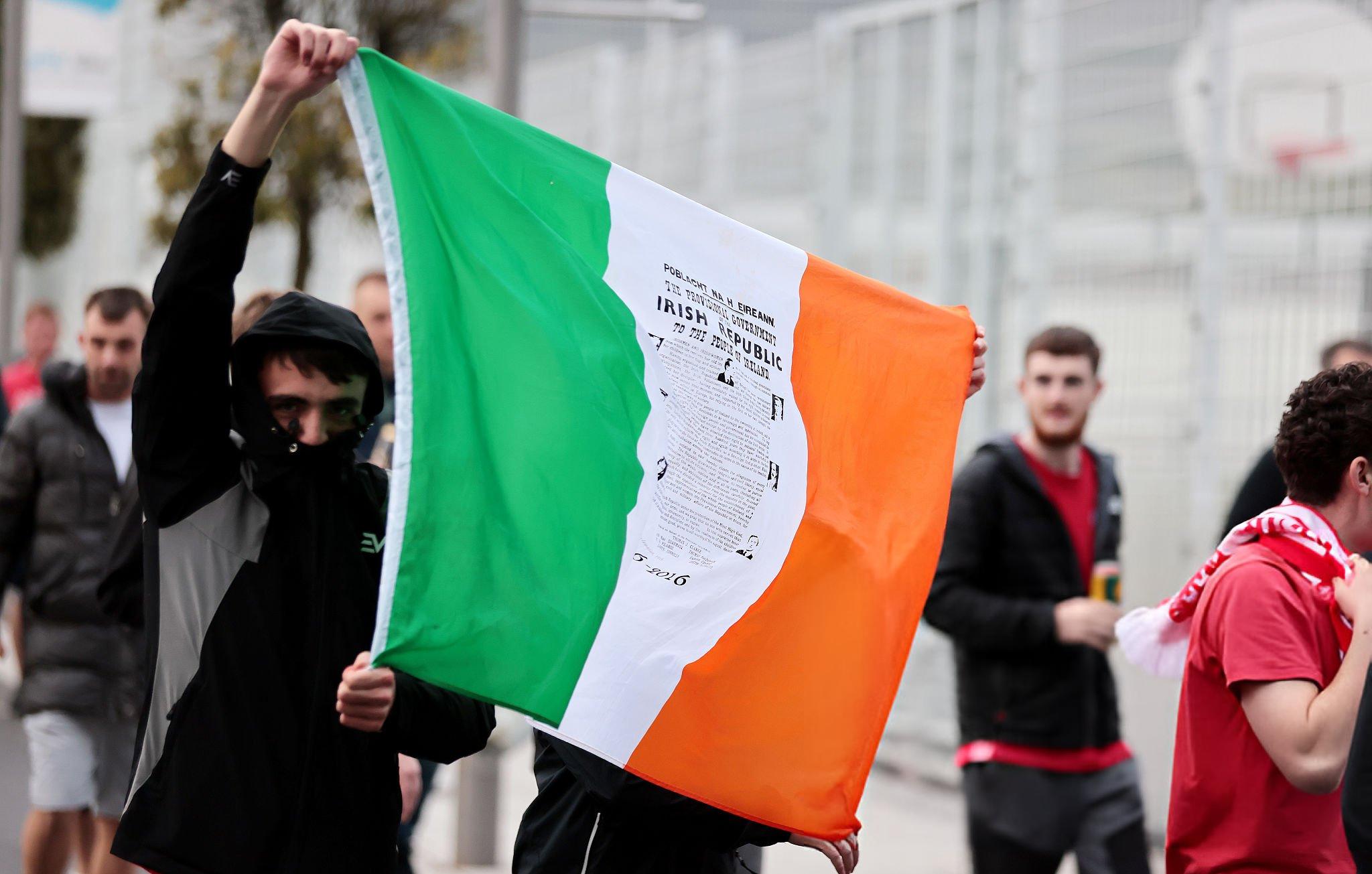
Irish law makes the first hurdle extremely concrete. To take part in the presidential election, a candidate must either secure the signatures of at least 20 members of the Oireachtas (parliament) or obtain nominations from four of the 31 local councils. Without this formal step, a candidate simply will not appear on the ballot.
This is where McGregor's main problems begin. The ruling Fine Gael has formally instructed its 246 councillors to block nominations of independent contenders at special council meetings — McGregor included. As a result, assembling four councils becomes a task riddled with "ifs."
Polls and Reputation: What the Irish Think
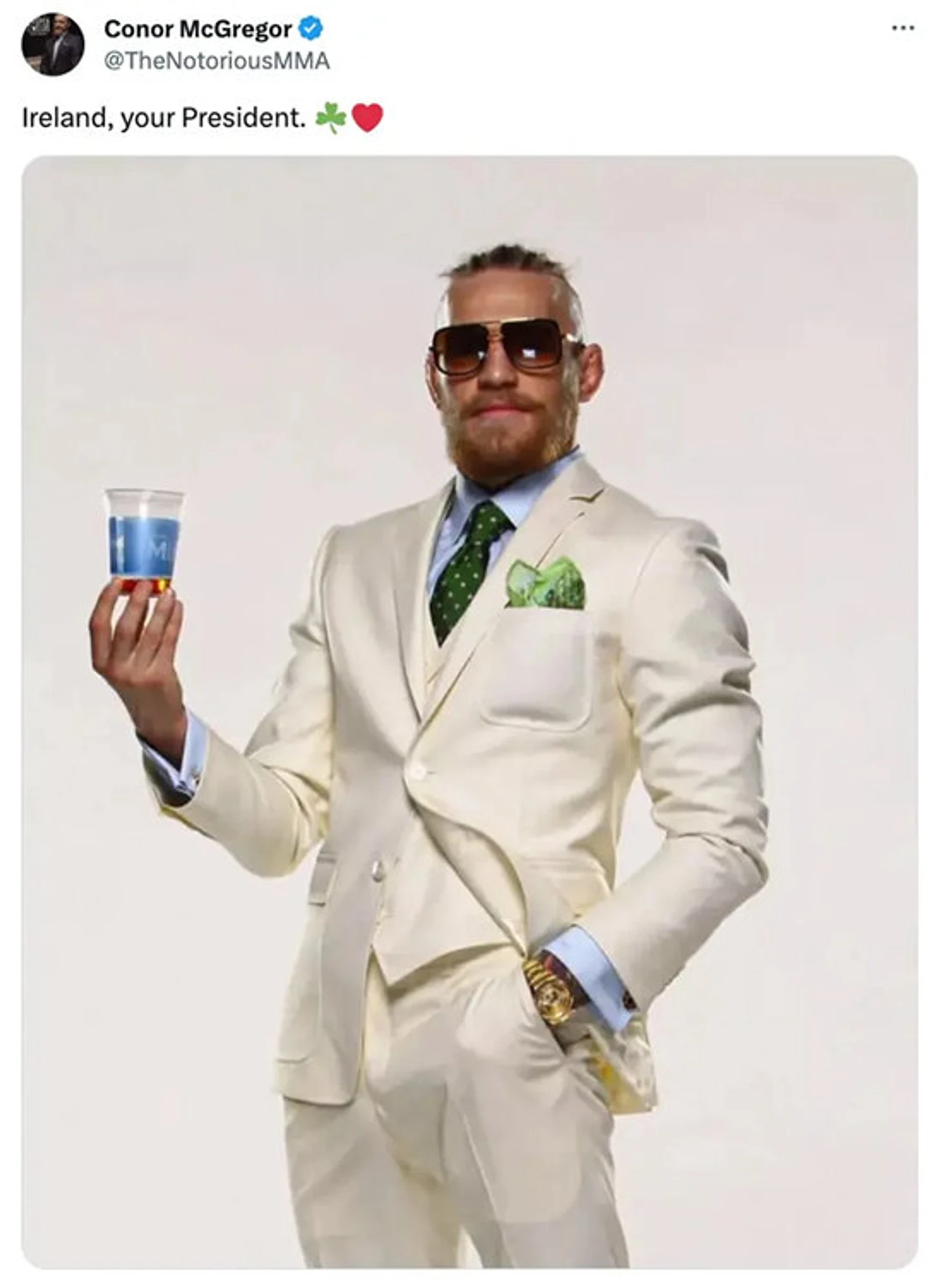
Even if the nomination hurdle were hypothetically overcome, electoral reality lies ahead. A spring poll by the Irish Independent showed that only 7% of respondents were ready to vote for McGregor — not a platform for a nationwide surge. Layered on top are the effects of his legal entanglements: in a civil jury awarded damages to a woman who accused him of rape, and on the Court of Appeal upheld the decision. This is not a criminal conviction, but such a backdrop inevitably erodes public support.
What the President of Ireland Can and Cannot Do
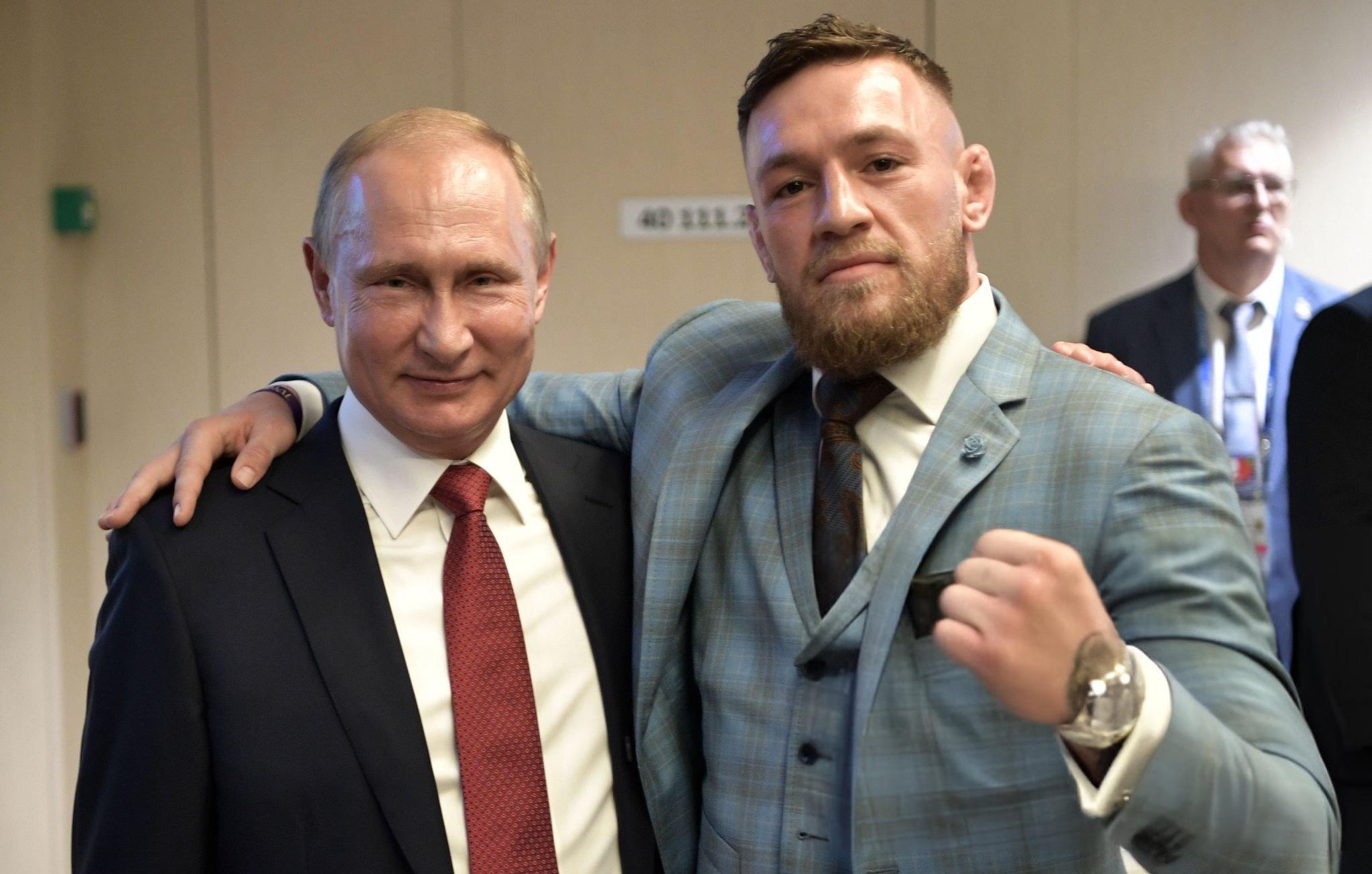
The campaign’s key thesis — "I will not sign any law without the people’s approval" — is paired with a promise to "block" the EU Migration Pact. Yet in Ireland’s system, the president is primarily a ceremonial figure with limited powers. The president has no political veto: he or she may refer a bill to the Supreme Court for constitutional review; if the court finds the document constitutional, it must be signed. Refusal to sign as a form of "protest" leads to the Presidential Commission signing the act — and the law still enters into force.
As for the EU Migration and Asylum Pact, its provisions are introduced at the level of European law and national implementing legislation. The reform package begins to apply from , providing for a "mandatory solidarity mechanism" (countries either accept a share of applicants or contribute resources/finances). None of this can be halted by a unilateral decision of Ireland’s president.
Political Style — Loud, Timing — Unfavorable
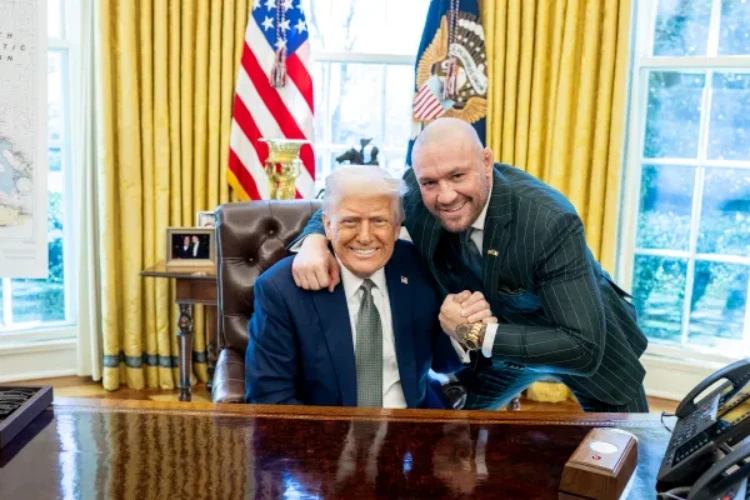
McGregor works the agenda deftly: "law-and-order" toughness, migration, the "people’s voice against the elites" — all of this resonates with European right-wing rhetoric. But building a bridge from hype to a real political machine is hard. In Ireland, without municipal networks and parliamentary backing, getting nominated turns into a quest; moreover, major parties discipline their councillors, reducing independents’ chances. On the horizon are strong system candidates — from prominent independents to party nominees — and with each passing day the window of opportunity narrows: the nomination deadline is noon on , the vote is on .
Verdict: A Flashy Bid Without a Route to the Finish
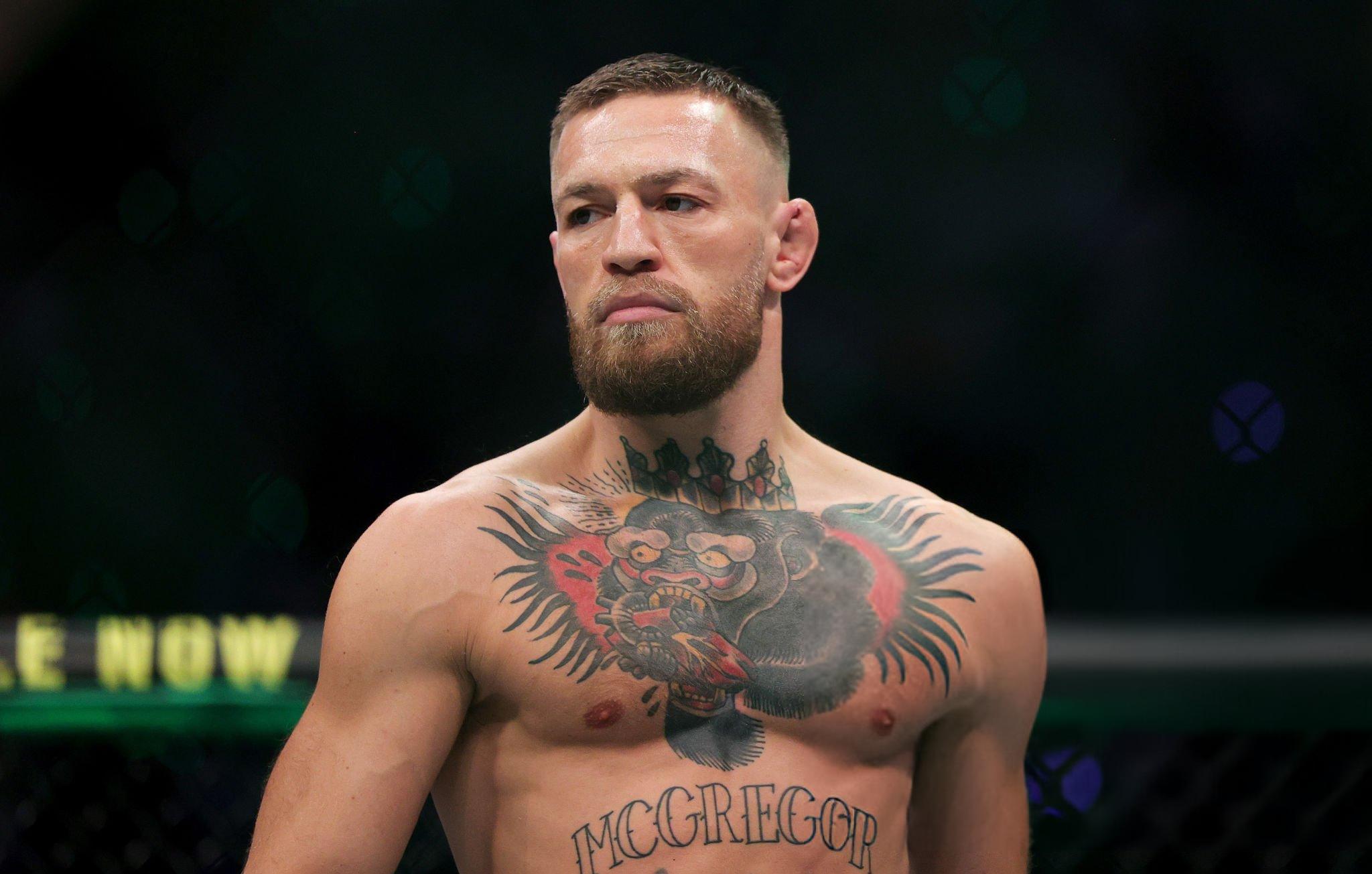
McGregor has a loud media platform, international friends, and an undeniable talent for provoking debate. But Irish rules, party discipline on the ground, and low polling support make his presidential sprint likely to be short and unfinished. The system’s reality outweighs punchy slogans from videos shot by Government Buildings — especially when the office in question has clearly delineated powers and codified admission procedures for the election.

